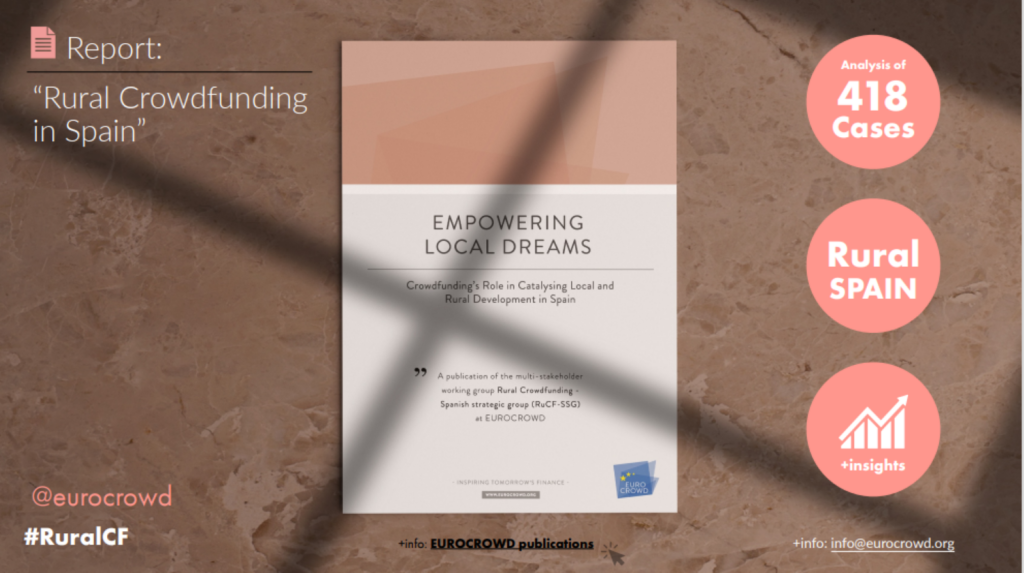Published on 19 November 2024, the seventh edition of AFME’s annual Capital Markets Union: Key Performance Indicators report arrived when the EU articulated its agenda for the next five years. A need to urgently amplify efforts to grow EU capital markets to boost the competitiveness of the EU economy has already been well presented during 2024, not least by the EU Commission President Von der Leyen who hopes to develop a ‘European Savings and Investment Union’ in her 2024-2029 political guidelines – focusing on access to private savings for institutional investors.
This Capital Markets Union: Key Performance Indicators report, the 7th of its kind, is an assessment of the progress made over the past years. The report was authored by AFME with the support of EUROCROWD, the Climate Bonds Initiative (CBI) and European trade associations representing business angels (BAE, EBAN), fund and asset management (EFAMA), retail and institutional investors (European Investors), publicly quoted companies (EuropeanIssuers), stock exchanges (FESE), venture capital and private equity (InvestEurope), private credit and direct lending (Alternative Credit Council) and pension funds (PensionsEurope).
We are excited that crowdfunding under ECSPR – even though still small – represents the only way for retail investors to directly participate in capital markets and wealth creation. However, seven years of monitoring KPI’s makes us wonder about the progress of the CMU, so here is a summary (but make sure to read the full report).
Unlocking Capital Markets for a Competitive Europe
Despite some progress in 2024, EU capital markets continue to lag behind global competitors in key areas, including access to finance for corporates and SMEs, fintech ecosystems, and market liquidity. The EU faces an annual funding gap of €800 billion to support critical initiatives in sustainability, digitalisation, defence, and innovation. Addressing this gap requires bold structural reforms to deepen capital markets and mobilise untapped pools of capital, such as €11 trillion in household savings.
Role of ECSPR in Capital Market Development
The European Crowdfunding Service Providers Regulation (ECSPR) has demonstrated potential as a vital tool for enhancing access to market-based funding for SMEs. Crowdfunding raised around €600 million in securities in 2023, showcasing its growing relevance as a complement to traditional financing. However, for ECSPR to unlock its full potential, further integration and awareness are needed to bridge the persistent funding gap and enable SMEs to transition from theory to execution in their fundraising strategies.
Current Challenges
- Fragmented Markets: Intra-EU integration continues to deteriorate, as evidenced by declines in cross-border M&A and equity issuance. This fragmentation limits market efficiency and inhibits the EU’s global competitiveness.
- Lagging Market Depth: Northern European countries lead in capital accessibility and ESG bonds, but Eastern European countries fall behind. The EU’s securitisation market remains underdeveloped, with only 1.9% of loans transformed into market instruments compared to 7% in the US.
- Retail Investment Deficit: EU households underutilise market-based investments, holding just 93% of GDP in these instruments compared to 298% in the US. This limits wealth accumulation and market liquidity.
Recommendations for Action
- Leverage Crowdfunding Potential: Strengthen the implementation of ECSPR on member state level (regulatory convergence) co to enhance SME access to equity and debt funding, ensuring broader geographic and sectoral coverage.
- Mobilise Retail Savings: Channel household savings into productive investments through incentives, education, and integration with crowdfunding platforms under ECSPR.
- Encourage Capital Pooling: Address disparities across member states by harmonising regulations and promoting cross-border investment opportunities.
- Expand Fintech Ecosystems: Support digitalisation and tokenisation trends, where the EU has already captured 20% of the global tokenised bonds market.
- Drive Structural Reform: Establish a unified capital market system to reduce reliance on bank lending, improve market liquidity, and attract global investment.
Conclusion
Given the geopolitical challenges, the years of inaction need to end. To remain competitive, the EU must act now decisively to unify its fragmented markets, harness innovative funding mechanisms like crowdfunding, and mobilise its vast financial resources. ECSPR offers a promising pathway to expand market-based financing for SMEs, contributing to the EU’s broader objective of creating a resilient and globally competitive capital market.



